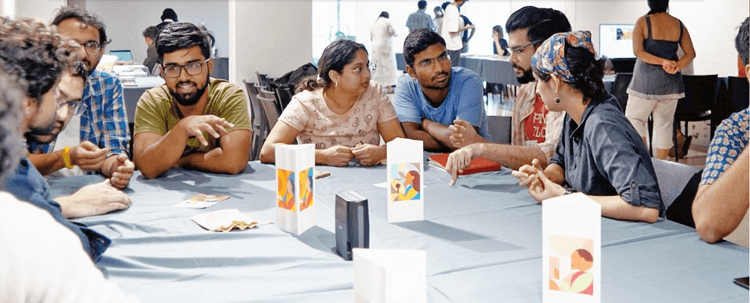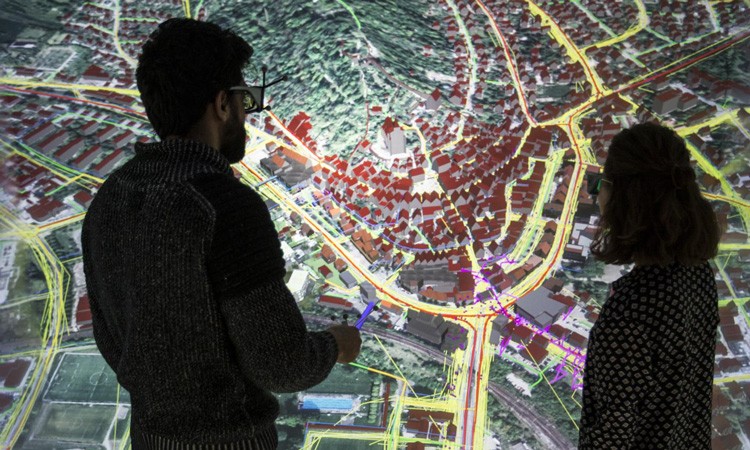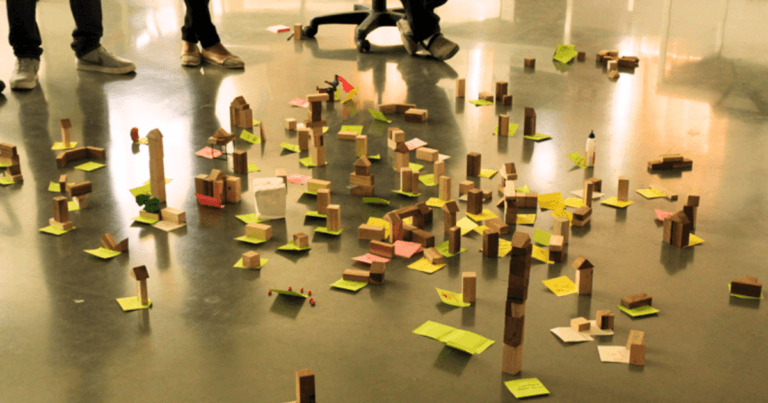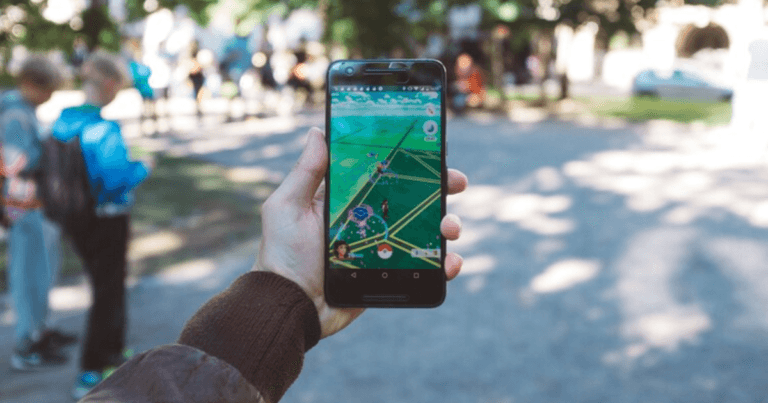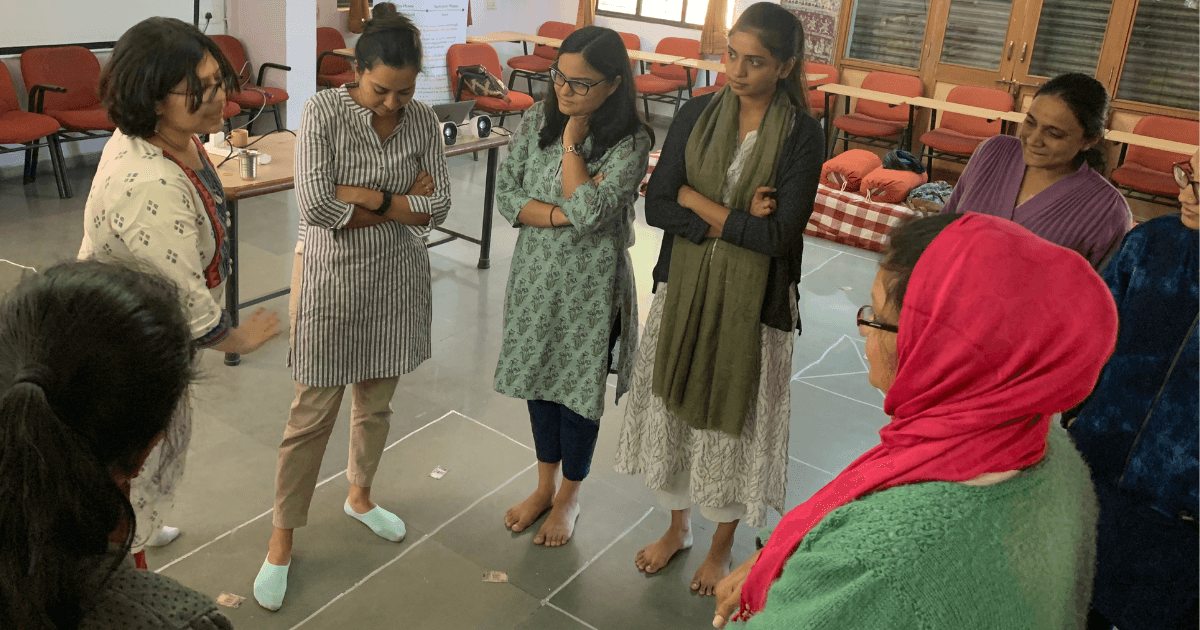
In our bustling urban landscapes, challenges may often remain unresolved as stakeholders struggle to comprehend their complexity. In such situations, games and play can be highly effective in raising awareness and provoking conversations around pressing issues. Through interactive and engaging experiences, games offer a fresh perspective on urban issues and invite individuals and communities to actively participate in finding solutions.
This transformative potential is highlighted through some examples below:
The process of understanding the cities, their planning, project and government, are usually very complex. City gaming can be an effective training tool that enables players to break down complex issues and comprehend how diverse elements can be managed together.
City Collab designed and developed the Adarsh Ward (Ideal Ward) game as an exercise to make local ward councilors strategically approach their annual budget and their time during office. It is a role playing game where the players step into the shoes of a ward councilor in India. Players strategically use their funds and time to attract investment to improve their ward while navigating chance events that bring good or bad fortune. The game is designed to showcase the many opportunities for ward councilors to improve their ward through a series of relatable imagery and in both hindi and english to appeal to wider audiences.
We also create a simulation exercise to understand land pooling and readjustment vs other mechanisms of appropriating land for public goods. The simulation employs roleplay to explore and analyze the intricacies of land economics and the dynamics that unfold between landowners and public authorities.
‘Atta Pukhuri’ (A pond) by Crossed Design is a board game for capacity building of fish farmers on Sustainable Aquaculture in Assam and Odisha. It allows players to take the role of aspiring fish farmers, compete and cooperate with each other to build roads, water lines, apply for loans, form FPOs to eventually build ponds and harvest them. Not only does it educate the players about the infrastructural requirements for building a pond, it also highlights negotiations and institutional support available to them. Similarly, Molleindustria’s Nova Alea isolates specific urban dynamics, speculation and gentrification to play out. Through a simple mechanic, it highlights the real-estate logic that is transforming many cities today, also communicating the role that conflicts and citizen resistance can play.
Playful approaches can be effective in educating and raising awareness about urban issues among diverse audiences, including children. To teach young people about sustainable urban development, a board game called Pamoja Mtaani (Together in the Neighborhood) was developed In Nairobi. Using local cultural references and a ‘stealth learning’ approach it simulates scenarios related to waste management, transportation, and community cooperation, empowering the next generation to actively shape their urban environments.
Game and play help create safe spaces where players can share their experiences and interact with each other to understand perspectives and challenges. These can be helpful in strategic negotiations and stakeholder engagement sessions where preexisting power dynamics may inhibit difficult conversations from taking place, especially in the realms of rights, democracy, diversity and vulnerabilities. Spaces of play create unexpected partnerships and relationships, and help build mutual trust. This can enable new knowledge to emerge, while helping players share their ideas.
Solemnly Resolve by Fields of View is one such game that embraces the roles of civic actors, and helps players navigate intricate societal challenges, and work with each other to shape the constitutional values that define society’s future. It fosters critical thinking, consensus-building, and a deep understanding of the dynamics of civic engagement. Learnings from gaming sessions can lead to crucial advice documents, like these Game Reports that often feed into policy and strategy.
Running simulations and interacting with digital twin-cities helps stakeholders predict the characteristics and consequences of urban interventions. As they provide players with a system to freely immerse themselves in and learn about the consequences of their actions and inactions, they can help players create their own pathways to real-world involvement, a testing ground for experimentation. Utilisation of urban scale digital twins can also be done by policymakers while deciding the branding strategies and gathering feedback concerning the creation of sites for public good.
UNDRR’s online game Stop Disasters, teaches players of the risks posed by natural hazards by allowing players to build schools, hospitals, housing and defences to protect the local population. They have to manage resources and play multiple realistic disaster scenarios including tsunami, wildfire and earthquakes and check how their designs perform. Such participatory games help players inhabit the complexity of management decisions, allowing them to explore and test a range of plausible futures. Digital urban simulators like this are valuable to communicate ideas to those not in the profession.
Simulation gaming can also cause new knowledge to emerge by helping residents and policymakers share their ideas and experiences, and actively visualising the future they imagine. For example, the ‘Play the City’ initiative, uses simulation to involve residents, policymakers, and urban planners in co-creating sustainable urban spaces. Players take on different roles in city planning, creating a sense of ownership over their city’s future. The City Game, played on massive game boards, explores urban form and preferences, encouraging dynamic interactions and experimentation with design alternatives and policies. Participants build their city in turns, observing its real-time evolution, with various game variants fostering communication and collaboration among players.
Gamespace also has the potential to become the stage for a social, political and ethical critique. Beyond virtual entertainment, serious games allow space for acknowledging and discussing real-world problems. Beyond built form, players can also visualise social transformation in games like the Democratic Socialism Simulator, where one can play as the first socialist president of the United States, redistributing power and wealth while addressing the climate crisis. Similarly, in SHASN, each player takes on the role of a politician contesting elections and is required to take a stand on various political and ethical issues.
Finally, Gamification can use attributes like point scoring, competitions, and rules of play to encourage participation between people and their real built environment. A few years ago, Pokémon GO facilitated a huge wave of virtual placemaking, as players found new meaning in their daily commutes, exploring new areas of their neighbourhoods and perhaps forming relationships they never would have otherwise. Gamified exploratory walks, urban treasure hunts, and neighbourhood mystery games allow participants to see the spaces around them through new lenses. Participants may uncover clues related to architectural history, local infrastructure, or upcoming city projects, thereby increasing their understanding of the built environment. This heightened awareness of local landmarks, historical sites, and hidden gems can deepen residents’ attachment to their neighbourhoods, leading to more informed and passionate involvement in shaping their communities.
By leveraging the inherent appeal and immersive nature of games, these initiatives effectively engage citizens, promote dialogue, and encourage innovative thinking for sustainable urban development. From gamifying urban planning to playful interventions and interactive art installations, these examples demonstrate the transformative potential of games and play in reshaping urban narratives and driving positive change. Urban Planning and Development communication modes can often be top-down, hierarchical, and paternalistic in style. Games and play are powerful tools to break this paradigm to create a more participatory area where players, users, and people may discover their own path to solutions.
Divya Chand
Contact Us
705, Interstellar 6, PRL Colony, Thaltej, Ahmedabad, Gujarat 380059

